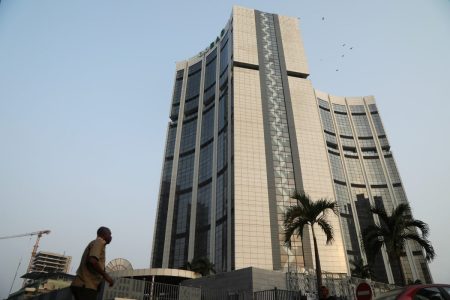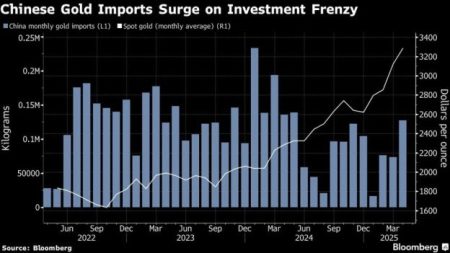
Lagos — PricewaterhouseCoopers (PWC), one of the “Big Four” global professional services firms, alongside Deloitte, EY (Ernst & Young), and KPMG, has decided to exit 9 African countries.
This was made known on its website, where it listed the 9 African countries it halted its operations in during March.
It was originally believed that the PwC had closed operations in over a dozen countries deemed too small, risky, or unprofitable to prevent future scandals; however, the company, as reported by Reuters, noted that its decision is based on a strategic review.
Although the company did not give a concrete reason for its exit, reports indicate that market disputes seems to have soured its relationship in these countries.
Also, the company maybe streamlining its operations to focus on markets where it can maintain profitability and manage risks effectively.
Responding to questions about a Financial Times story that indicated PwC had left some nations that were judged too small, dangerous, or unprofitable, PwC referred Reuters to a statement.
The statement as seen on its website simply reads, “Following a strategic review, the PwC firms in Côte d’Ivoire, Gabon, Cameroon, the Democratic Republic of Congo (DRC), Republic of Congo (Congo), Madagascar, Republic of Guinea, Senegal and Equatorial Guinea (the PwC Sub-Saharan Francophone Africa firms) have separated and will no longer be part of the PwC network.
The PwC Network will maintain a strong presence in Africa and has service continuity plans in place for our clients from other PwC offices across the region, as applicable.”
Based on the aforementioned report by Financial Times, which cited sources close to the situation, PwC’s decision followed growing disagreements with local partners, who alleged that they lost more than a third of their business in recent years as a result of pressure from PwC’s global leadership to cut out hazardous customers.
The Financial Times story, which cited local press sources and a roster of PwC organizations, revealed that PwC also severed its links with member firms in Malawi, Fiji, and Zimbabwe.
PwC battles growing global scandals
PwC has been grappling with mounting reputational and regulatory challenges across multiple regions.
The firm is currently under increased scrutiny following a series of high-profile failures and sanctions.
In China, PwC received a six-month suspension and a $62 million fine after regulators found the local affiliate had concealed or condoned fraudulent practices tied to China Evergrande’s $78 billion financial scandal.
The fallout led to a wave of client departures. Similarly, in the UK, the Financial Reporting Council fined PwC £4.5 million over its flawed 2019 audit of Wyelands Bank.
Global chair Mohamed Kande, who took over in July, has been navigating the aftermath of these crises, which have touched some of PwC’s largest national member firms.
The firm has also faced scandal In Australia which erupted when a tax partner was found to have misused confidential government information, sparking political outrage and again prompting intervention from global leadership.
PwC has also been barred from working with Saudi Arabia’s sovereign wealth fund for a year, further straining the firm’s standing in key markets.
These internal and external pressures come at a time of heightened economic uncertainty, particularly in Sub-Saharan Africa.
A report by SBM Intelligence estimates the region lost roughly $10 billion in foreign direct investment in 2024 alone, driven by political instability and climate-related disruptions—factors that likely influenced PwC’s recent decision to withdraw from nine African markets.



